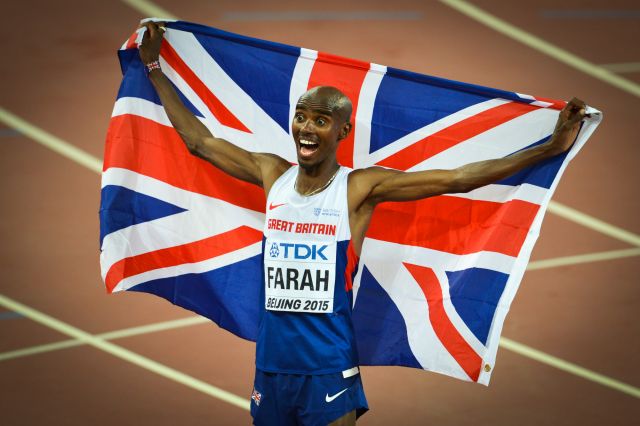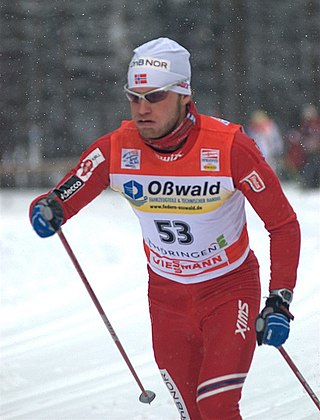Rio 2016 Review of Day 9
Usain Bolt made history by beating Justin Gatlin yet again, winning a third consecutive gold in the 100m. Andre De Grasse of Canada took the bronze medal and could succeed Bolt when he retires. Just as impressive was Wayde Van Niekerk’s victory in the 400m, in which he left Kirani James in his wake, and eclipsed Michael Johnson’s world record.
Jemima Sumgong triumphed in the marathon, surprisingly the first title for a Kenyan woman, while Caterine Ibarguen claimed a gold medal for Colombia in the triple jump.
Team World
Sergio Garcia scored an impressive 66 in the final round of the golf but it was too late to reach the medals and he finished joint eighth. Gold and silver were fittingly contested by two golfers who have embraced the Olympic experience, the enthusiastic Justin Rose of Great Britain, and Henrik Stenson of Sweden, who even enjoyed the course’s alligators.
Rose beat Stenson to the title, which followed Rose’s hole in one during the first round.
Fernando Gaviria of Colombia made a poor start in the omnium, and was seventh after two events – Lasse Hansen of Denmark took them both. But Hansen was knocked out first in the elimination race, while Gaviria finished third, throwing the event wide open.
Tontowi Ahmad and Liliyana Natsir in badminton, and Kerri Walsh Jennings in beach volleyball, both progressed to the semi-finals, and tantalisingly close to a medal. India’s men’s hockey team fell short, losing 3-1 to Belgium, but a Belgian medal could be even more historical than an Indian one. It was last on the Olympic hockey podium in 1920.
Michael Conlan of Ireland won his first bout to reach the bantamweight quarter-finals.
After a tough Games for the Williams sisters, in which they both suffered early defeats in the singles, and in the women’s doubles, there was some redemption for Venus, who reached the mixed doubles final with her partner, the last minute selection, Rajeev Ram.
Although Williams and Ram lost to compatriots Bethanie Mattek-Sands and Jack Sock in a super tiebreak, tennis history was made. A fifth medal for Venus gave her more than her sister, making her the most medalled player in history (excluding the 1906 Games).
Andy Murray became the first player to retain the men’s singles title, beating Manuel del Potro – the players broke one another’s serve in almost every game of the final set.
Rose and Murray were part of a day full of British gold medals. Max Whitlock won two in gymnastics, on the floor and on pommel horse, and cyclist Jason Kenny won the the fifth of his career, in the individual sprint, beating teammate Callum Skinner in the final.





















